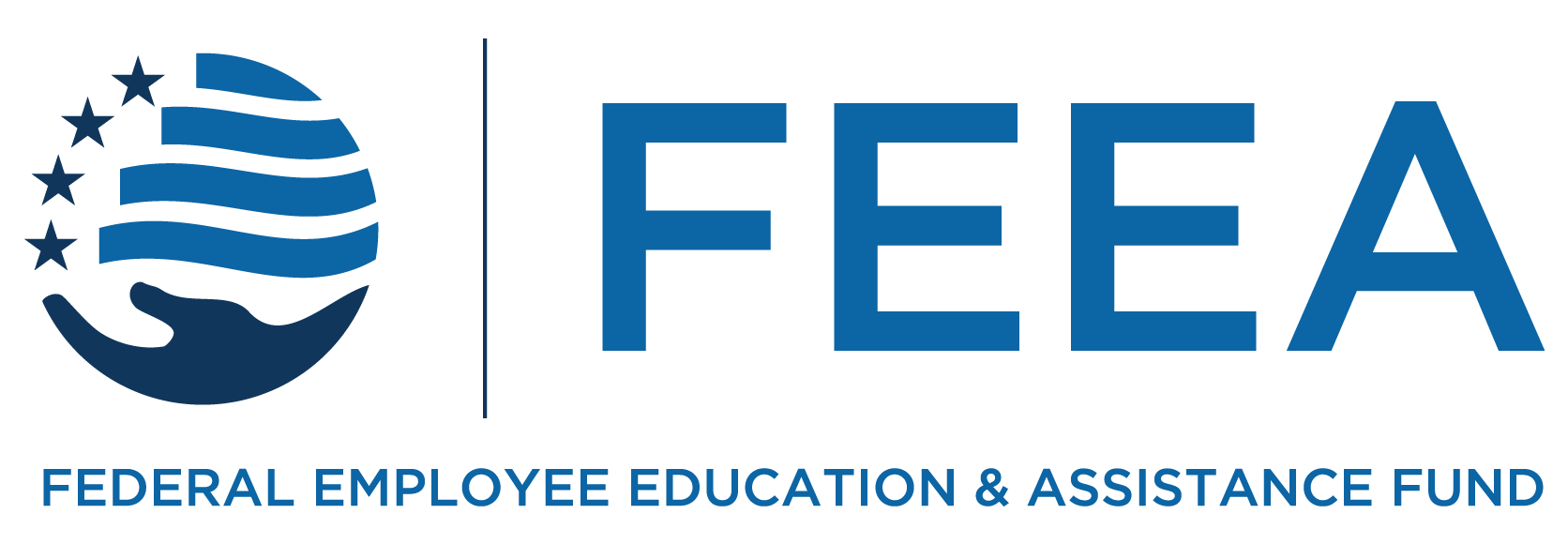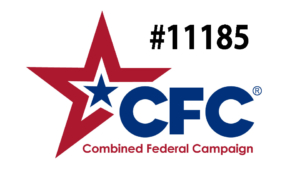Do you know how your finances can impact your ability to get and keep a security clearance?
by Robyn Kehoe
After our recent blog on understanding credit reports and scores, we realized FEEA readers would also be interested in how credit histories can affect security clearances. To get the scoop on which financial pitfalls might impact your ability to get or keep a clearance, and what to do or avoid, we spoke with attorney and CPA Sonya Smith-Valentine, who has long experience in the sector.
Robyn: Thanks so much for sharing your expertise with us, Sonya. Will you please start off by briefly explaining why personal/family finances are even a consideration in the security clearance process?
Sonya: The security concern is that a person deep in debt could be susceptible to taking bribes in exchange for government secrets.
Robyn: Do clearance specialists look at the credit score, the content of a credit report, or both?
Sonya: Investigators look at the content of your credit report, but not the score. Credit scores are based on a different set of criteria than what the government uses for its assessment of your finances.
Robyn: What specific types of issues in a credit report are the biggest red flags in the clearance process?
Sonya: A foreclosure is a red flag as people usually will try and save their home above all else. Payday loans and defaulted credit cards are also red flags. While all financial issues are reviewed, medical debt is easier to explain how it came about and that it was outside of your control.
Robyn: Do the rules or norms around finances and clearances stay pretty much the same, or change frequently? Are there events outside the employee’s control – like natural disasters or global financial crises – that affect how things are viewed?
Sonya: The rules pretty much stay the same. Events outside of an employee’s control like a natural disaster can affect how things are viewed as long as the employee makes sure to explain the events that lead up to the financial problems. If the debts are viewed without context then the debt could cause an issue with the clearance.
Robyn: What should a fed applying for their first security clearance do if one of those red flag items appears on their credit report? What if they’ve had problems in the past, but they’re no longer on the report?
Sonya: If you have a red flag on your credit report, you should make sure to explain what happened in your security clearance application. If the item no longer appears on your credit report, it may not be an issue, but that’s not 100% guaranteed. For example, just because a tax lien doesn’t appear on your credit report doesn’t mean the investigator won’t know about it.
Robyn: What about a fed who already has a clearance – what should they do if they suddenly experience an adverse financial event?
Sonya: If you have an adverse financial event, you should seek help as soon as possible, whether it’s financial coaching or a bankruptcy attorney or something else. The fact that you took steps to try and rectify the problem will be seen favorably when your clearance is up for review. Technically, excessive debt and/or recurring financial difficulties should be reported to your security office. However, the majority of financial issues go unreported.
Robyn: Does having serious financial problems at one point in your life forever impact your ability to get a clearance, even if you’ve cleaned things up and have good credit now?
Sonya: Financial issues do not permanently bar you from getting a clearance. If you have good credit now, you would be eligible for a clearance as long as you pass all the other requirements.
Robyn: How can a prior bankruptcy affect your security clearance?
Sonya: Approval or denial of a security clearance due to a bankruptcy turns on the circumstances that caused the bankruptcy and whether the debts were resolved in the bankruptcy. For example, if gambling debts were the cause of the bankruptcy, it’s likely that the security clearance would be denied. If medical debt is the cause, there is greater chance that the clearance is granted.
Robyn: So clearly, keeping your finances in order is really important if you have (or want) a job that requires a clearance. If you had to give just one, most important, “DO” and “DON’T” for feds who have or need a clearance, what would those be?
Sonya: DO: Seek help at the first sign of trouble. You often can prevent things from getting much worse.
DON’T: Don’t wait until the last minute to address a notice of intent to revoke a security clearance. Act on it right away.
Would you like to receive more information like this when it comes out? Sign up for the FEEA newsletter using the box in the lower right hand corner of this page.
Would you like to reprint this piece in your agency human resource, federal employee association, or union local newsletter? You can do so at no cost by contacting admin@feea.org with your request.
The information provided in this piece is for your convenience and informational purposes only and not to be construed as professional advice. FEEA and its coauthors and sponsors are not liable for any losses or damages related to actions or failure to act with regard to the content in this piece.




